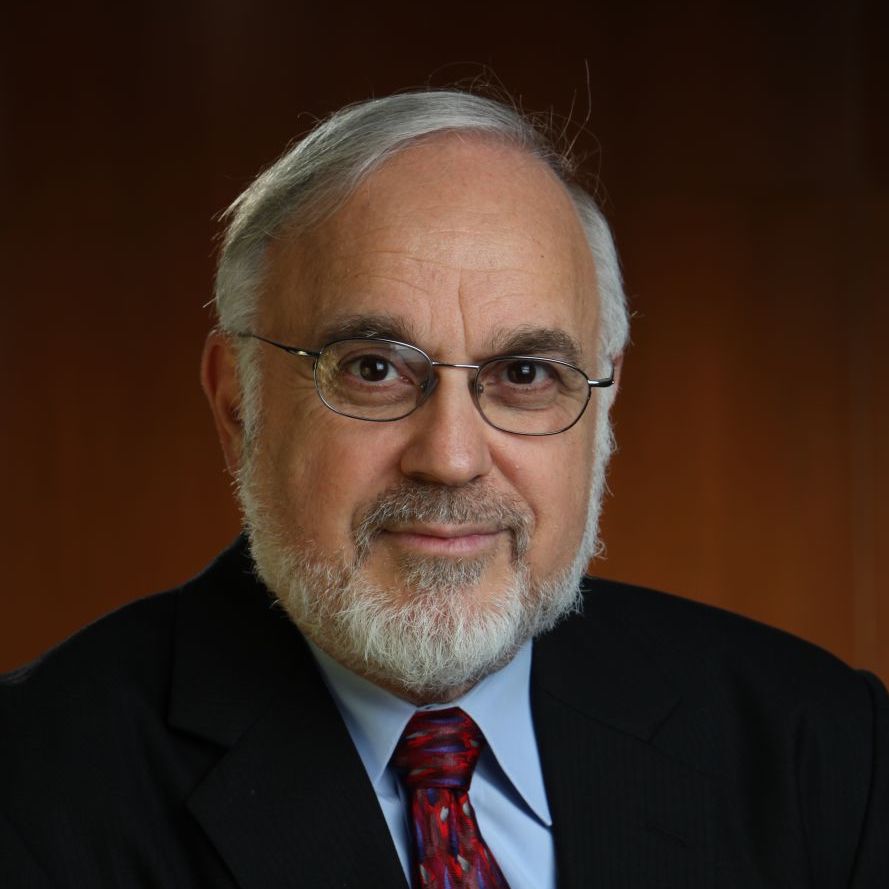 Photo from Wikimedia Commons.
Photo from Wikimedia Commons. It has been decades since Simon Wiesenthal’s The Sunflower: On the Possibilities and Limits of Forgiveness was published.
In 1943, one of the millions of Jews trapped in Nazis’ Holocaust kingdom is a brutalized Simon Wiesenthal. One day he was suddenly summoned to the bedside of the dying Nazi soldier Karl Seidl seeking “a Jew’s” forgiveness for destroying a house full of 300 Jews. The anguished young Wiesenthal listens, but replies only with silence. He cannot grant forgiveness for any Nazis’ crimes committed against other victims, among them his beloved mother and scores of his relatives. Nor can he forget seeing a German military cemetery—a sunflower atop each grave—and fearing his own fate in an unmarked, mass grave.
In May 1945, only 20 days after being liberated by American troops from the Mauthausen concentration camp, the still-emaciated Wiesenthal found the strength to present a detailed letter to the US military officers in charge of the liberated camp, listing the crimes of 91 SS men and other Nazis who had either caused Wiesenthal to suffer personally or who had committed atrocities against other innocent victims. Thus began the work of the Nazi hunter that would consume the rest of his life…
In the latest edition of The Sunflower, 53 renowned voices on genocide or, more generally, the human condition shared what their responses to the dying Nazi soldier’s plea for Wiesenthal to forgive on behalf of all of Hitler’s Jewish victims. Their answers are fascinating, but so are the answers of legions of young students, around the world—including Germany, who have been asked to give their answers to the question of forgiveness.
In 2017, perhaps German prosecutors should (re)read The Sunflower as they struggle with whether to try 94-year-old Kurt Gosdek, who admits to membership in Einsatzgruppe C. It was a German mobile death squad that followed the German military’s invasion of the Soviet Union. Among its main tasks was to mass murder Jews. It had the responsibility for the mass shooting of nearly 34,000 Jews at Babi Yar in Ukraine under a roundup order issued by the SS on Sept. 29-30, 1941, for “All Yids of the city of Kiev and its vicinity.” To this day, the names of only 10 percent of the victims have been identified; no sunflowers for the other 90 percent.
The choice is clear to some: “Everyone who assisted in any way shape or form was responsible,” the Wiesenthal Center’s head Nazi hunter Efraim Zuroff, the Simon Wiesenthal Center chief Nazi hunter who submitted a long list of surviving Nazi War criminals to German officials, told the Associated Press. “Even if this guy was busy fixing cars, those cars took people to the sites to mass murder Jews,” he added.
But the reason that every surviving German involved in the in Holocaust who is fit for trial must be brought before the bar of justice–not forgiven due to old age– extends beyond what we owe to Hitler’s victims.
Look no further to Germany’s recent elections. Today, the third largest party with 12.6 percent of the votes, enters the Bundestag for the first time since World War II led by Alexander Gauland, a leader of the AfD (Alternative fur Deutschland party). He recently spoke at the Barbarossa Tower in Thuringia, lauding the WWII prowess of the Wehrmacht, and asserted that today’s Germans have the right to be proud of its past.
The rantings of a Far-right fanatic? Certainly. But what about Günter Grass who received Nobel Prize for Literature in 1999, one year after Wiesenthal’s The Sunflower appeared in English. before his death in 2015? Grass equated Hitler’s crimes with the alleged mistreatment of German soldiers and civilians during and after World War II, also claiming that Israel seeks to commit nuclear genocide against the Iranian people.
Grass’s hatred of Israel reflects the dramatic erosion in the German mainstream’s views of Israel in seven polls, conducted between 2004 and 2015 by the University of Bielefeld and Bertelsmann Foundation. Large percentages of Germans—sometimes majorities—believe that Israelis behave toward Palestinians like Nazis, and that Israel contemplates anti-Palestinian genocide.
In “the old Germany,” Jews were perceived as the ultimate embodiment of “evil.” In “the new Germany,” the danger is the demonization of the Jewish state, personified by the extreme Boycott, Divestment, and Sanctions (BDS) Movement.
Whereas Germany’s mainstream media condemns swastika-waving extremists from the far-right, not so left-wing anti-Semitism or Jew-hatred imported into Germany by many Muslim newcomers. The documentary, Chosen and Excluded: The Hate for Jews in Europe, co-produced for German Public TV and the German-French Arte broadcaster this year, was initially was kept off the air by the TV networks that had funded it, particularly because of its graphic description of anti-Jewish animus and attacks by Muslims in Western Europe.
Soon, sunflowers may be growing over the graves of the last of both Hitler’s executioners and perhaps some of their victims. But to avert the rejuvenation of genocidal hatred in our time, young people in Germany and around have much to learn about the Nazi Final Solution that only a of a 94-year old could provide.
As Simon Wiesenthal warned: “There is no denying that Hitler and Stalin are alive today… they are waiting for us to forget, because this is what makes possible the resurrection of these two monsters.”
Rabbi Abraham Cooper is Associate Dean and Director of Global Social Action of the Simon Wiesenthal Center.
Dr. Harold Brackman is a historian and consultant to the Simon Wiesenthal Center.























 More news and opinions than at a Shabbat dinner, right in your inbox.
More news and opinions than at a Shabbat dinner, right in your inbox.